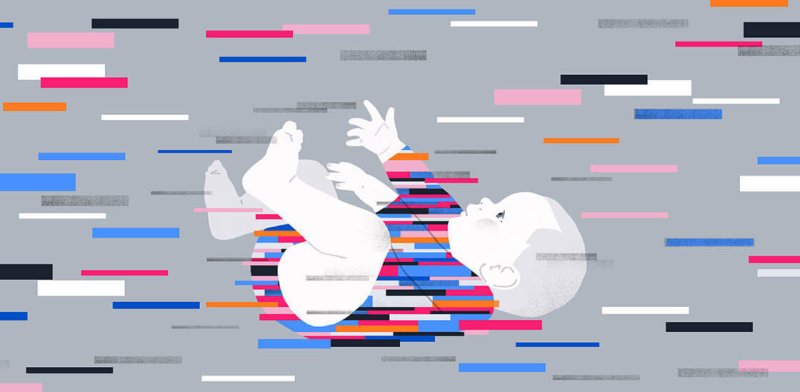Here’s a primer on how genetic tests work, their value for autism and what to expect from the results.
Is there a genetic test for autism?
No. A genetic test cannot diagnose or detect autism. That’s because myriad genes along with environmental factors may underlie the condition. Roughly 100 genes have clear ties to autism, but no single gene leads to autism every time it is mutated.
…
Why would an autistic person get a genetic test?
If a test reveals a harmful mutation with known ties to autism, the result could give the autistic person and her family an explanation for the condition. Some families also find emotional and practical support from others dealing with the same mutation.
…
What if a genetic test turns up nothing?
A negative result does not mean the person does not have a mutation that can cause autism. The test in question might not pick up that particular mutation, or perhaps the mutation does not yet have a known connection to autism.
Many of the genes linked to autism today were not associated with the condition five years ago. Most genetic testing facilities reanalyze results once a year based on the latest findings.
Read full, original post: Genetic testing for autism, explained































